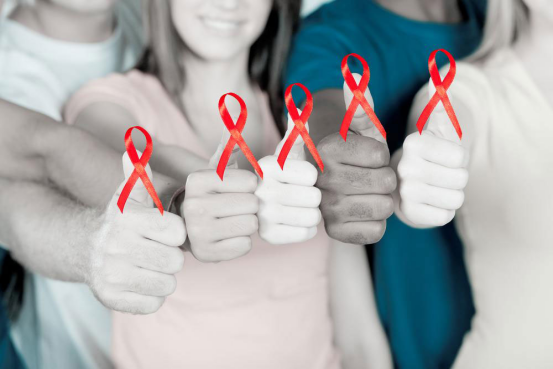

HIV, or human immunodeficiency virus, is an irreversible disease that attacks the body's T cells and permanently attacks and weakens the body's immune system. People infected with this virus will remain HIV-positive for life. The HIV virus invades healthy cells and reproduces relentlessly in their location. Unfortunately, these infected cells quickly die instead of playing their role in protecting the body from infection, thus weakening the strength of the immune system and making it difficult for the body to stay healthy.
HIV, or human immunodeficiency virus, is an irreversible disease that attacks the body's T cells and permanently attacks and weakens the body's immune system. People infected with this virus will remain HIV-positive for life. The HIV virus invades healthy cells and reproduces relentlessly in their location. Unfortunately, these infected cells quickly die instead of playing their role in protecting the body from infection, thus weakening the strength of the immune system and making it difficult for the body to stay healthy.

HIV is a highly contagious infection that can be transmitted sexually, prenatally, or through blood transfusions.
HIV can be transmitted from one infected person to another through body fluids such as blood, breast milk, vaginal fluids, semen, pre-ejaculation, and rectal fluids, through contact with mucous membranes or damaged tissues. Otherwise, blood infected with HIV can be injected into a person's bloodstream through a needle or syringe.
If HIV is not diagnosed and treated promptly, it can progress to AIDS, which is the final stage of this infection. Typically, the first symptoms of HIV infection appear between 2 and 8 weeks after infection, such as fatigue, muscle and joint pain, headache, sore throat, swollen lymph nodes, fever, rash, diarrhea, oral yeast infection, genital ulcers, and night sweats.
Although HIV symptoms are similar in men and women, there are additional symptoms specific to women. Changes in the menstrual cycle, such as less, heavier, or absent menstrual periods, pain in the stomach and upper or lower abdomen or pelvic inflammatory disease, abnormal vaginal discharge, frequent vaginal yeast infections, and pain during urination or intercourse are common but more severe in women.
However, sometimes after the first signs of HIV infection subside, the virus continues to multiply for years, damaging the infected person's immune system but without causing severe physical discomfort. Sometimes there are no symptoms at all. Therefore, HIV blood testing is the safest way to determine whether a person has this deadly viral infection.